Sam Altman | CEO of Open AI
In the rapidly evolving world of artificial intelligence, one name consistently stands out: Sam Altman. As the CEO of OpenAI, Altman is not just leading a company—he’s steering a transformative journey that reshapes how humanity interacts with technology. His visionary approach and relentless commitment to ethical AI development have positioned OpenAI as a beacon in an industry marked by innovation, disruption, and responsibility.
Early Beginnings and a Legacy of Leadership
Sam Altman’s trajectory to becoming one of the tech world’s most influential figures began long before OpenAI. Born in 1985 in St. Louis, Missouri, Altman’s fascination with technology was evident from a young age. He studied computer science at Stanford University but left before completing his degree, opting instead to dive into the entrepreneurial world.
Altman co-founded Loopt, a location-based social networking app, at just 19 years old. While the app itself didn’t achieve massive success, it was a crucial stepping stone, showcasing his entrepreneurial spirit and knack for identifying emerging trends. The company was eventually acquired by Green Dot Corporation in 2012, paving the way for Altman’s next ventures.
His real breakthrough came as the president of Y Combinator (YC), a startup accelerator that has been instrumental in the success of companies like Airbnb, Dropbox, and Reddit. Under Sam Altman’s leadership, YC expanded its influence, funding more companies and providing unparalleled mentorship to aspiring entrepreneurs. His time at YC solidified his reputation as a leader with the unique ability to foresee industry trends and empower innovators.
The Birth of OpenAI: A Bold Mission
Altman’s journey with OpenAI began in 2015, when he co-founded the organization alongside Elon Musk, Greg Brockman, Wojciech Zaremba, Ilya Sutskever, and John Schulman. The mission was audacious yet profoundly important: to ensure artificial general intelligence (AGI) benefits all of humanity. Sam Altman’s leadership at OpenAI has been defined by this core principle of prioritizing societal welfare over profit.
Initially established as a nonprofit, OpenAI transitioned to a “capped-profit” model in 2019 to attract the capital necessary for cutting-edge research while maintaining its commitment to ethical AI. This innovative structure reflects Sam Altman’s strategic thinking and determination to balance technological advancement with accountability.
Groundbreaking Innovations Under Sam Altman’s Leadership
Under Sam Altman’s leadership, OpenAI has achieved remarkable milestones that have significantly influenced AI development worldwide. Some of the most notable advancements include:
-
GPT Series: The Generative Pre-trained Transformer (GPT) models, particularly GPT-3 and GPT-4, have redefined the capabilities of natural language processing (NLP). These models are used across industries for tasks ranging from content creation and customer service to complex problem-solving.
-
DALL·E and Codex: Innovations like DALL·E, which generates images from textual descriptions, and Codex, which powers tools like GitHub Copilot, demonstrate OpenAI’s versatility in both creative and technical applications.
-
ChatGPT: Perhaps one of the most recognizable applications, ChatGPT, has brought AI to mainstream users, making advanced conversational AI accessible to individuals and businesses alike.
These breakthroughs reflect Sam Altman’s commitment to creating AI technologies that are not only powerful but also user-friendly and adaptable across diverse contexts.
Ethical AI: A Non-Negotiable Commitment
One of Sam Altman’s most defining traits as a leader is his unwavering focus on the ethical implications of AI. He has frequently emphasized the importance of aligning AI development with human values and ensuring robust safeguards to prevent misuse.
In 2023, Sam Altman testified before the U.S. Senate, advocating for comprehensive AI regulation. His proactive stance on governance highlights his belief that collaboration between private entities, governments, and academia is essential for managing AI’s risks. Altman’s advocacy for transparency and accountability has set a benchmark for industry peers, reinforcing the idea that innovation and ethics can coexist.
Challenges and the Road Ahead
Leading a company at the forefront of AI innovation is not without challenges. OpenAI faces scrutiny over data privacy, potential job displacement caused by automation, and the ethical dilemmas associated with AGI. Sam Altman’s pragmatic approach to addressing these issues involves fostering dialogue with stakeholders and investing in research that explores AI’s societal impact.
Looking ahead, Sam Altman envisions a future where AGI can solve humanity’s most pressing problems, from climate change to healthcare. His leadership philosophy emphasizes collaboration, adaptability, and an unrelenting pursuit of solutions that benefit the greater good.
A Legacy in the Making
Sam Altman’s leadership at OpenAI reflects his commitment to leveraging technology for positive change. His work underscores the importance of balancing innovation with ethical considerations, ensuring that advancements in AI align with societal needs. As the world navigates the complexities of AI, Altman continues to lead with a focus on creating meaningful impacts, fostering collaboration, and addressing challenges with pragmatic solutions. His journey exemplifies how thoughtful leadership can shape a future where technology serves humanity effectively.



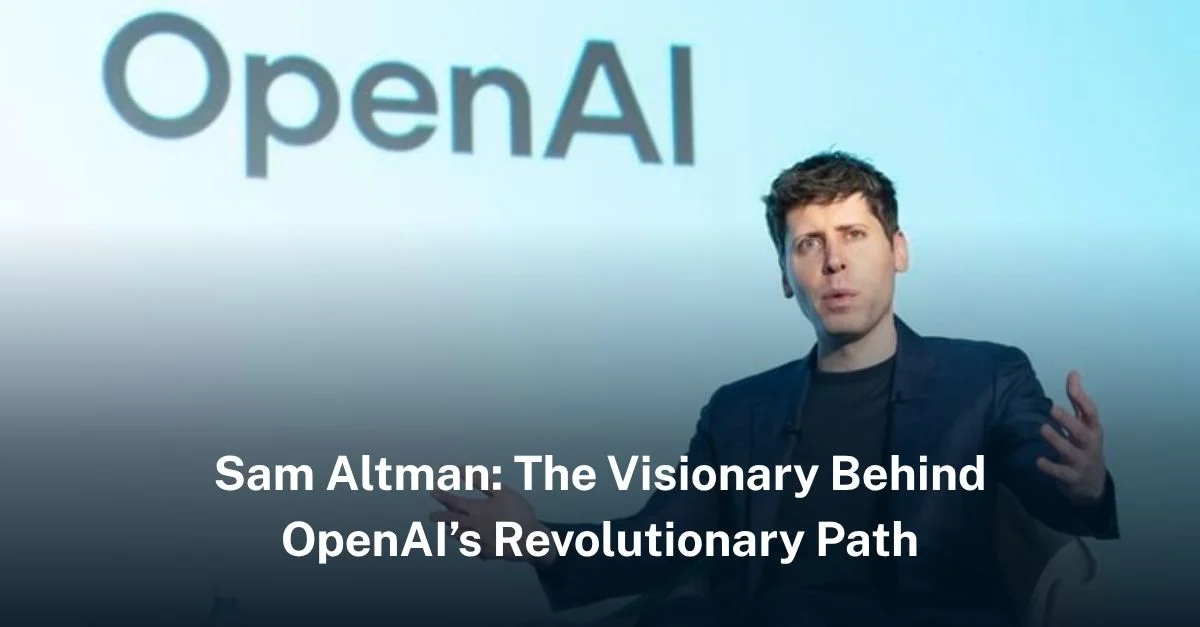

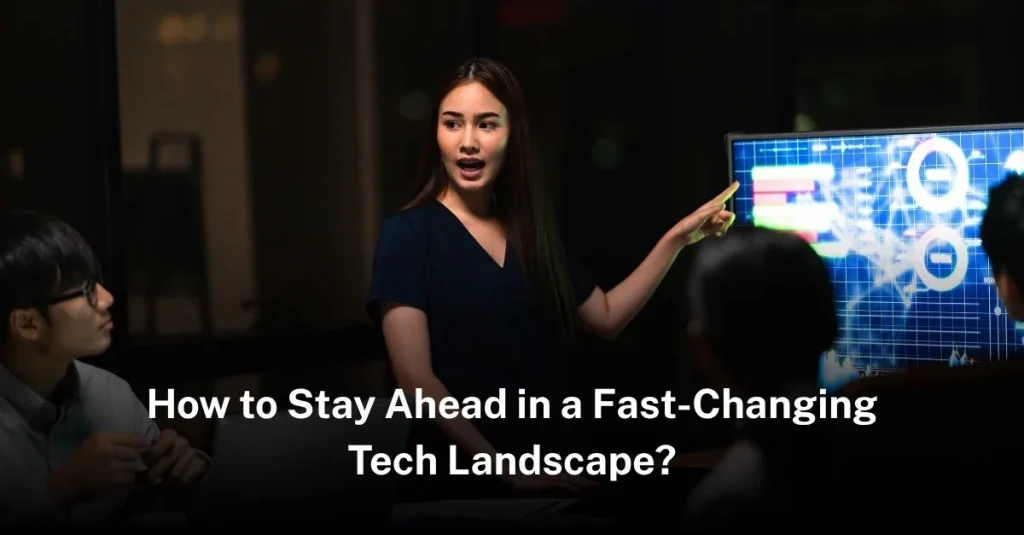
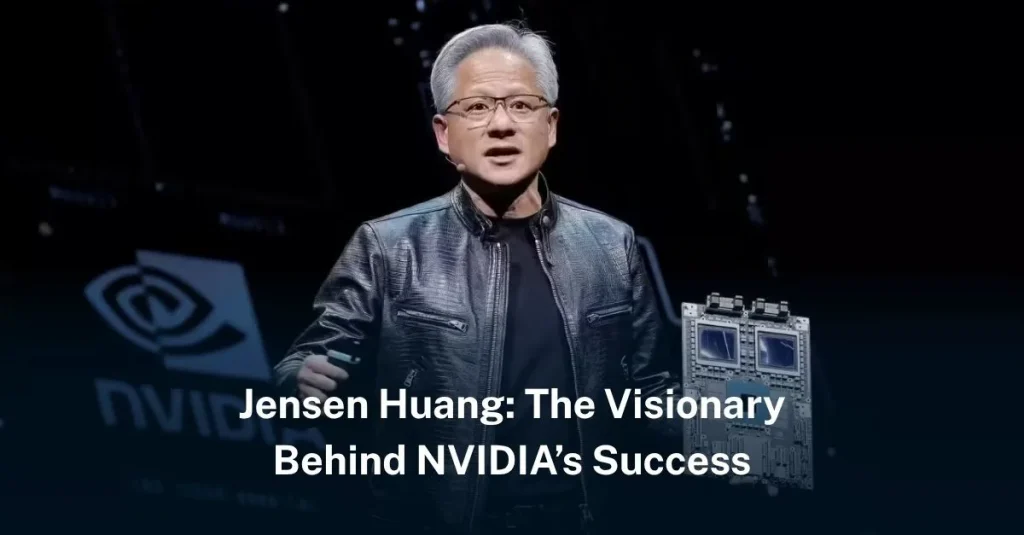

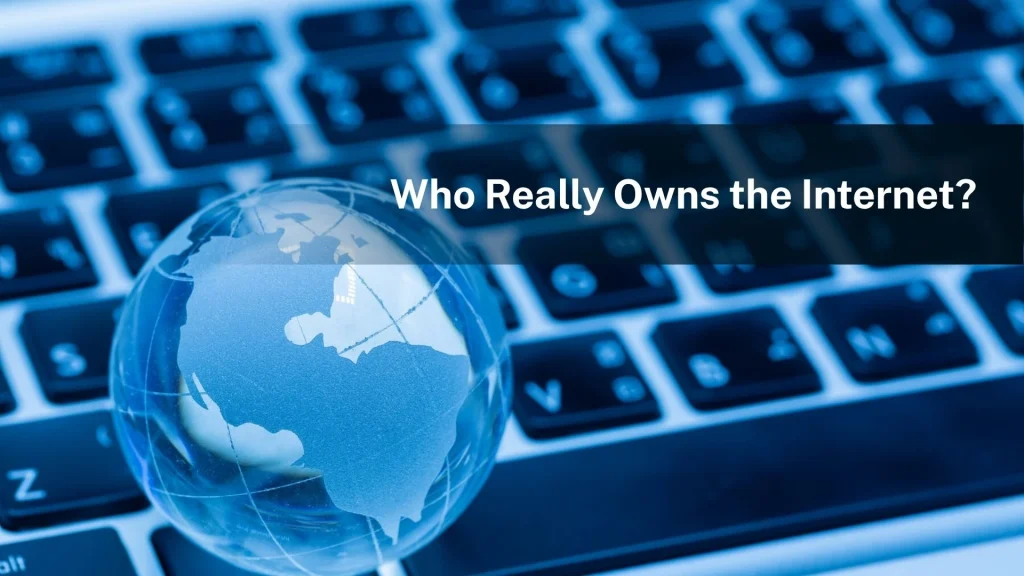
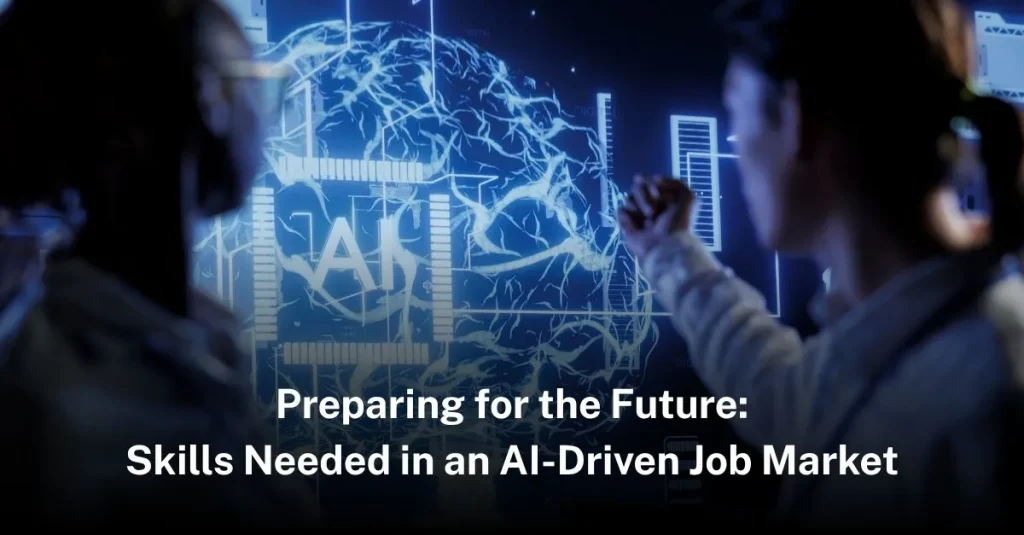
Leave a Reply